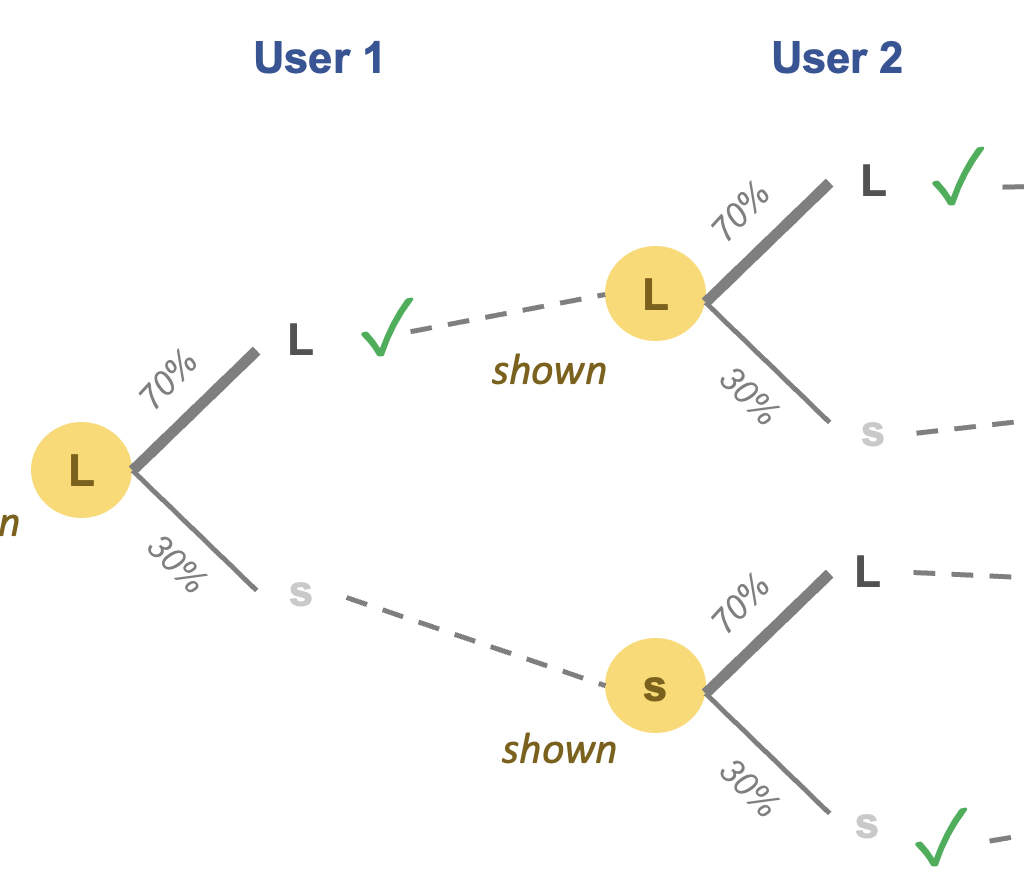The media stick to old labels in spite of 2010 Census
The 2011 Census result is out, and I've been listening to the news: the focus seems to be that the south and west grew faster than the northeast and midwest, and since Democratic-leaning states like New York, Massachusetts and Ohio will lose seats while states like Florida, Georgia and Arizona will gain seats, the Republican Party will be extremely pleased while the Democratic Party will be the big loser.
Be very careful before you buy this overly simplistic logic.
They use an undisclosed assumption, which is that the new Floridians are just like the old Floridians, the new Arizonans are just like the old Arizonans, etc., which in turn implies that the migrating New Yorkers are not like the average New Yorker, the migrating Illinoisan is not like the average Illinoisan, etc.
Put differently, they claim that the demographic shift does not affect preexisting "labels". Let's imagine a family living in Massachusetts packed their bags and moved to Arizona. The media seems to think that people vote based on where they live, maybe it's the water they are drinking, or the sun rays they are basking in, but the same family living in Mass. voted Democratic but having moved to Florida would vote Republican. The media tells us: the Party leaning of a state is an immutable truth unrelated to who lives in which state.
We don't know if this assumption is true or not. We do want to know the source of the change in demography. Is it migration from north to south as the media envisioned? Is it higher birth rates of current residents? Is it higher birth rates among certain demographic groups? Is it lower birth rates among certain subgroups?
***
I call this the "stranglehold of labels". States like Florida, Georgia and so on are given Republican labels; and Massachusetts and New York, Democratic labels. What's been forgotten is that voters determine these labels, and to understand the true impact of the 2010 Census, we have to trace the people.
This is the topic of Chapter 3 of Numbers Rule Your World. The media ignored an important source of variability; they have lumped together the type of people who chose to migrate with the type of people who chose not to migrate, but chances are these two subgroups have different voting behavior.
***
This type of thinking infects a lot of decision-making. For example, a business discovers that customers who pay by credit card are less likely to default than those who want an invoice billed later. The business knows if they have more customer paying by credit card (as opposed to invoice), it would be more profitable. So it decides to pay customers currently on invoice to switch their method of payment to credit card. Customers are very willing to take the payment to switch. The question is: if these customers would not pay their invoice in the past, would they be paying their credit card bills now?



